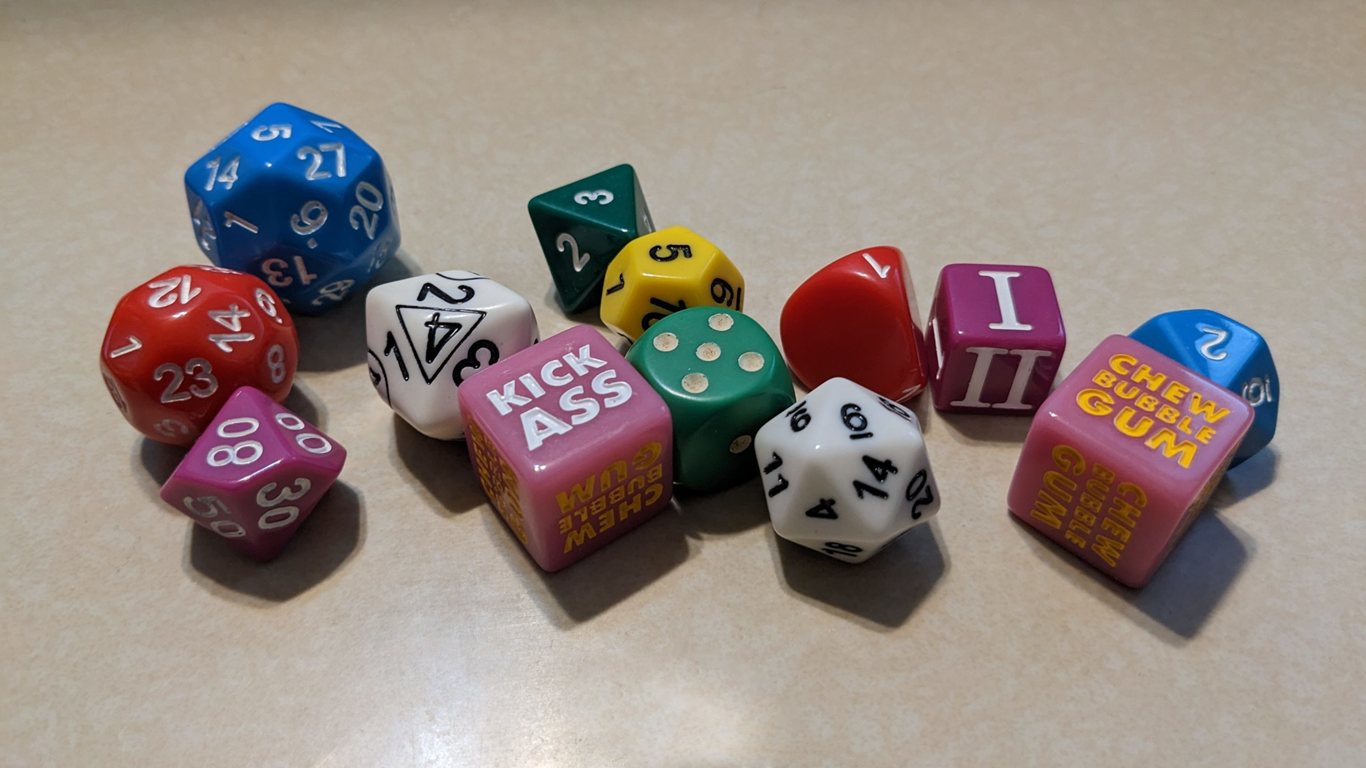We may earn money or products from the companies mentioned in this post.
As those of you who are following the Cinemechnix design know, I’m currently working on an entirely new section about adapting the game rules to specific game settings. Tweaking game rules is nothing new to me. I’ve been doing it for nearly as long as I’ve been gaming, and almost every QAGS supplement I’ve worked on has at least a few special rules to help make the game mechanics work better for the genre, style, or setting the supplement deals with. Even though I’ve spent countless hours fiddling around with rules, writing a section that boils down to “how to fiddle with the rules” has forced me to think about why you’d want to create special rules in the first place.
When I’ve introduced special rules to games I’ve run or written, it’s usually been a gut-level decision. I’d add a new rule because it seemed like a good idea. When I did have more specific reasons, they were usually grounded in the mechanical aspect of game design: how the math worked, the need for added detail to better model the genre, or because quirks of the core system made it confusing, counter-intuitive, or just plain impossible to model something using the basic rules. One thing I’ve never really thought about very much (at least not consciously) but have come to realize is just as important as the mechanical aspect of game design is what I guess you’d call the “psychological” component of game design. Sometimes the way the rules “feel” is as important as what they accomplish mechanically.
Imagine a system where players roll d10 and add a skill bonus between 1 and 3. If you treat super-powers as regular skills, Spider-Man’s radioactive spider-induced climbing ability at 3 is no different from some extreme sports dudebro’s wall climbing ability at 3. Both characters roll d10 and add 3. If you add a rule that characters using super-powers get to roll 3d4 instead of d10 the math doesn’t change very much (Spidey’s minimum and maximum rolls are 2 higher than Dudebro’s), but the variant mechanic makes super-power rolls seem like something special since you’re using a die mechanic that’s different from the standard roll. I think the idea of having a character who gets to use special rules is one of the reasons that even players who don’t really enjoy the sort of “deck-building” approach to character creation (finding abilities that are more powerful when combined in specific ways) still enjoy things like class abilities and feats and other mechanics that allow characters to break the normal rules. Getting to use special rules that aren’t available to other players activates the “special snowflake” circuit in the player’s brain or something.
For the first some-odd number of years that RPGs were around, nearly everything had a special rule. In addition to leading to all sorts of game-breaking rules and making games more confusing, and therefore less accessible to new players, it also decreased the “specialness” or rules that worked differently. If every skill, ability, and action has its own variant rule, variant rules kind of lose their value as conversation pieces.
More recently, the trend seems to be toward systems that separate the game mechanics (effect) from the story (description). It doesn’t matter if you’re hitting your opponent with a sword or calling down fire from the heavens, it still causes 2d6 damage. Since these sorts of systems allow more uniform rules and cut down on exceptions, they make perfect sense mechanically, but they eliminate that psychological component. If the only difference between one character and the next is the point or dice distribution, it can lead to gameplay where there’s so little differentiation between different characters that you might as well skip the character sheets and flip a coin.
I think the ideal system is somewhere between the two extremes. Debates about more or less rules complexity are a red herring, kind of like debates about big versus small government. Most people want an effective government. Likewise, the right level of rules complexity is the level that results in rules that improve the players’ enjoyment of the game without introducing complexity that doesn’t add to the experience. The right level of complexity varies from game to game and player group to player group, which is why I’m trying to make Cinemechanix a game that you can adapt to the level of complexity you need instead of the level of complexity I personally prefer.






